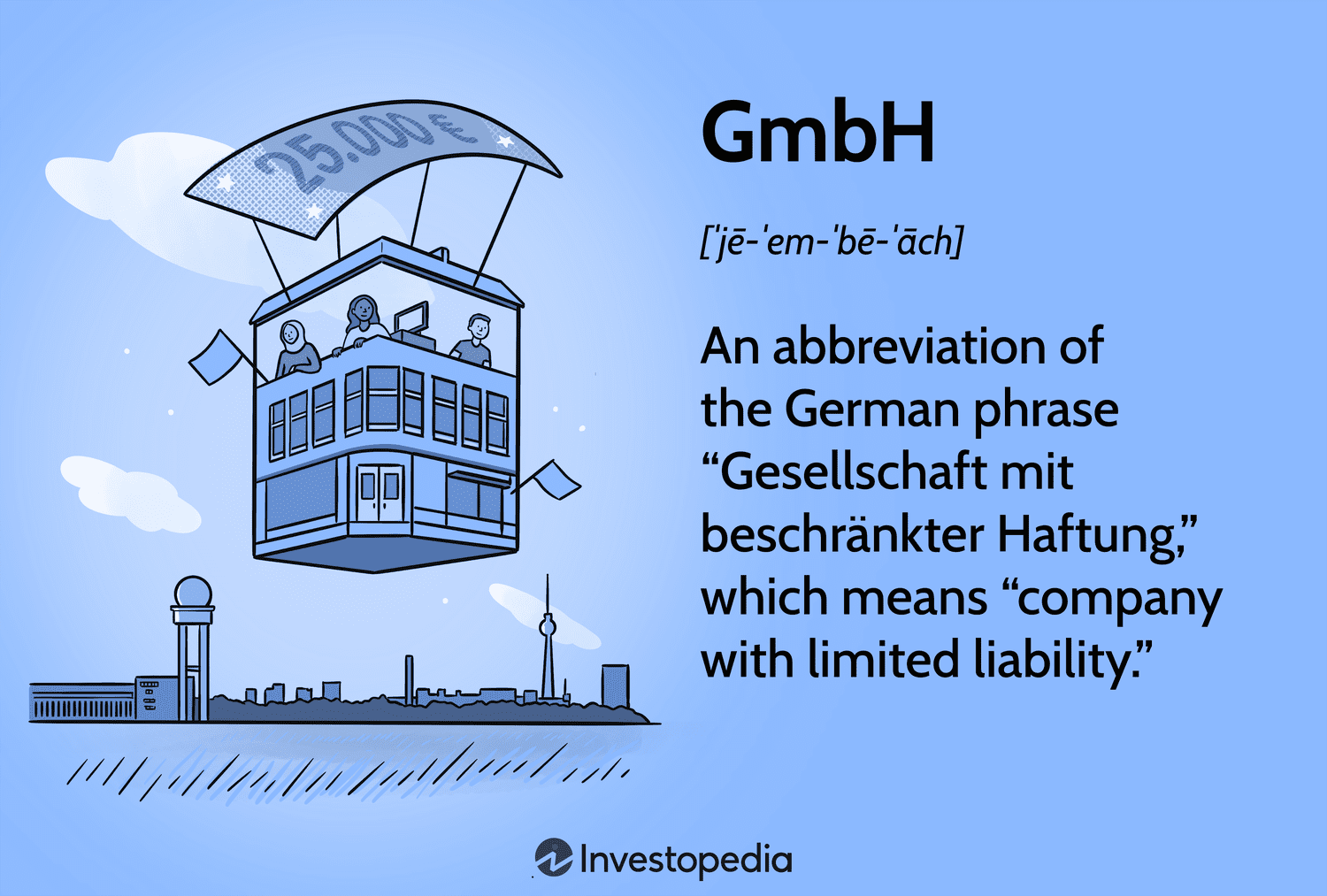How to Open a GmbH Company in Germany and Its Benefits
Germany is one of the most business-friendly countries in Europe, making it an attractive destination for entrepreneurs looking to establish a company. One of the most popular business structures in Germany is the GmbH (Gesellschaft mit beschränkter Haftung), which is equivalent to a limited liability company (LLC). This article will guide you through the process of opening a GmbH in Germany and highlight the advantages of this business structure.
Steps to Open a GmbH in Germany
- Choose a Unique Company Name
Ensure that your company name is unique and complies with German regulations. You can check the availability of the name through the German Chamber of Commerce (IHK). - Prepare the Articles of Association
Draft the Articles of Association (Gesellschaftsvertrag), which outline the company’s purpose, structure, and shareholder agreements. - Notarization of Documents
Visit a German notary to notarize the Articles of Association and other required documents. This is a legal requirement to formally register the GmbH. - Open a Business Bank Account
A GmbH requires a corporate bank account to deposit the minimum share capital of €25,000. At least half of this amount (€12,500) must be deposited before registration. - Register with the Commercial Register (Handelsregister)
Submit your application to the local Commercial Register. This step officially establishes your GmbH as a legal entity. - Register for Tax and Obtain a Tax ID
Register your company with the local tax office (Finanzamt) to obtain a tax ID (Steuernummer) and VAT number (Umsatzsteuer-Identifikationsnummer) if applicable. - Register with Local Authorities and Social Security
Inform the local trade office (Gewerbeamt) and register your company for social security contributions if you plan to hire employees. - Comply with Employment and Business Regulations
If hiring employees, ensure compliance with German labor laws, including contracts, insurance, and social security contributions.
Benefits of Establishing a GmbH in Germany
- Limited Liability Protection
Shareholders are only liable up to their capital contributions, reducing personal financial risk. - Strong Business Reputation
A GmbH is highly respected in Germany and internationally, increasing business credibility and trust among customers and partners. - Tax Advantages
GmbH companies benefit from corporate tax advantages, including the ability to deduct business expenses and reinvest profits efficiently. - Legal Security
Germany offers a stable legal framework for businesses, ensuring clear rules and protections for investors and entrepreneurs. - Flexibility in Ownership and Management
A GmbH can be owned by a single person or multiple shareholders, allowing for a flexible business structure. - Attractive Market Opportunities
Being in Germany provides access to the European market, allowing businesses to expand easily within the EU. - Easy Transfer of Ownership
Shares in a GmbH can be transferred or sold, making it easier to bring in new investors or sell the business.
Conclusion
Starting a GmbH in Germany is a strategic decision for entrepreneurs looking for a strong and stable business environment. While the registration process involves legal and financial steps, the benefits of a GmbH make it a worthwhile investment. With limited liability protection, tax advantages, and access to the European market, a GmbH offers numerous opportunities for success in Germany.
